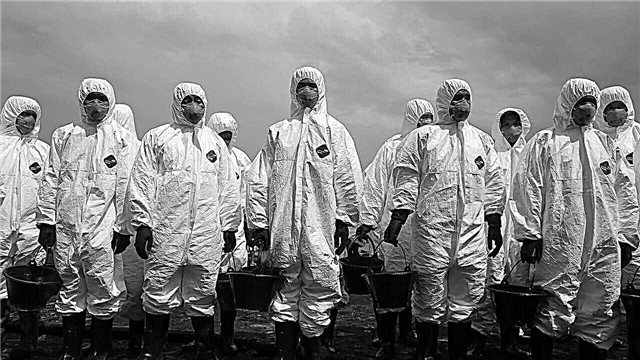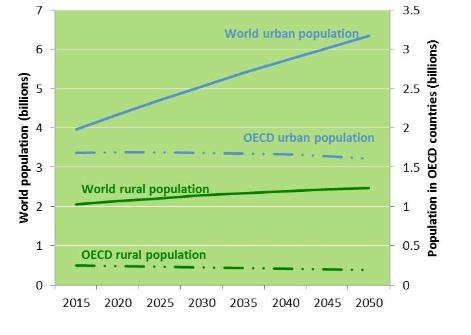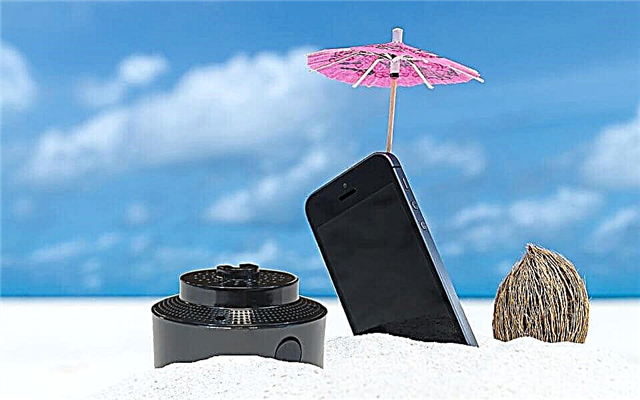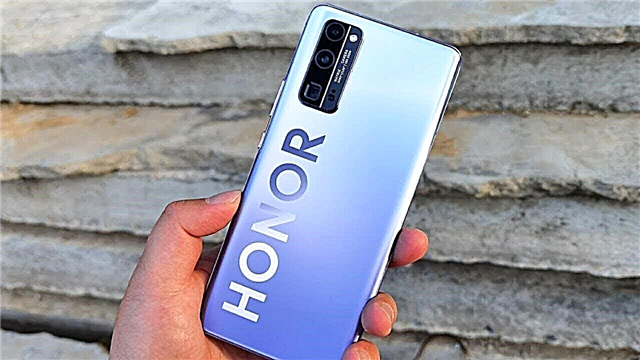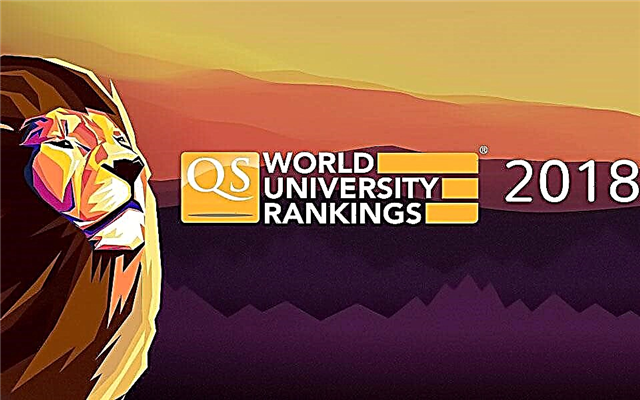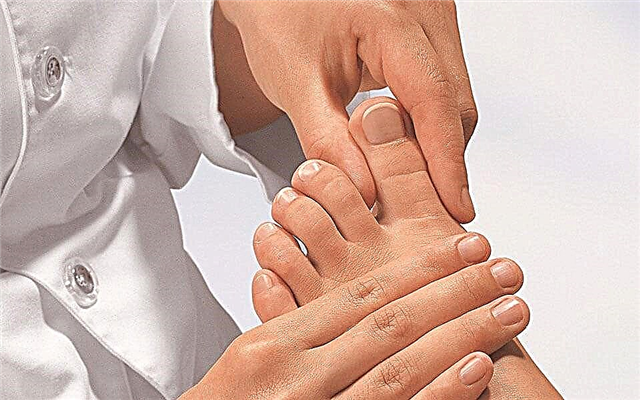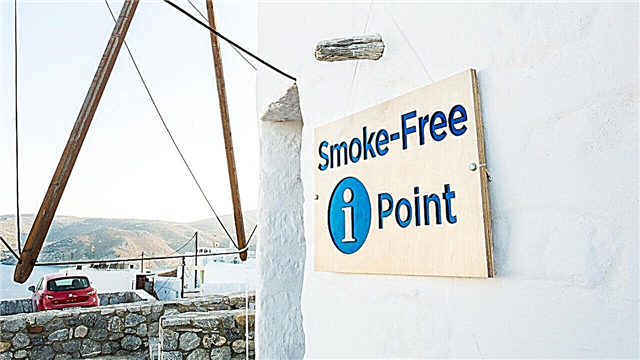In the context of the coronavirus pandemic, the largest pharmaceutical companies from around the world offer various antiviral drugs to prevent, reduce the symptoms of the disease and reduce the risk of complications.
We offer you a list of drugs that are positioned as a medicine for Covid-2019.
Please note that the effectiveness of these agents against the new coronavirus has not yet been fully studied. And they all have side effects. Upon occurrence symptoms characteristic of Wuhan coronavirus, you should immediately consult a doctor, and discuss with him the appropriateness of taking this or that medicine from this collection.
Coronavirus infections
7. Chloroquine
 This is a widely available drug that has been used regularly since 1945 against malaria, extraintestinal amoebiasis and several other diseases.
This is a widely available drug that has been used regularly since 1945 against malaria, extraintestinal amoebiasis and several other diseases.
Laboratory studies have found that this antiviral drug was effective against coronavirus, at least in a Petri dish. And the results of a small French study involving 24 patients suggest that taking Chloroquine may speed recovery.
6. Paracetamol - WHO recommendation
 At a briefing on March 17, World Health Organization (WHO) spokeswoman Christian Lindmeier suggested using paracetamol instead of ibuprofen to self-treat symptoms of coronavirus infection.
At a briefing on March 17, World Health Organization (WHO) spokeswoman Christian Lindmeier suggested using paracetamol instead of ibuprofen to self-treat symptoms of coronavirus infection.
She explained this by the fact that scientists have insufficient data on the possible risks of mortality from pneumonia caused by the SARS CoV-2 virus when taking ibuprofen.
There is an important clarification: ibuprofen should not be discarded if it is prescribed by the attending physician.
5. Remdesivir
 WHO called this experimental American drug the most promising drug candidate for the treatment of Wuhan coronavirus.
WHO called this experimental American drug the most promising drug candidate for the treatment of Wuhan coronavirus.
It slows down the infection of healthy cells by inhibiting the RNA polymerase necessary for the multiplication of RNA viruses (including SARS-CoV-2).
Currently, Remdesivir is not approved for use in the treatment of coronavirus by any regulatory organization in the world. However, a Chinese study involving about 1000 patients with coronavirus infection 2019-nCoV showed that the drug effectively reduces the temperature and helps patients recover within two weeks.
4. The vaccine mRNA-1273
 This vaccine will not be able to cure the coronavirus that is already raging in the body, but it can help prevent the occurrence of 2019-nCoV in still healthy people.
This vaccine will not be able to cure the coronavirus that is already raging in the body, but it can help prevent the occurrence of 2019-nCoV in still healthy people.
The creator of this tool is the biotechnological enterprise Moderna Therapeutics, in conjunction with the American National Institute of Allergy and Infectious Diseases, is already testing mRNA-1273 on human volunteers. They will be monitored throughout the year to identify all the positive and negative effects of the vaccine.
3. Polyclonal anti-SARS-CoV-2-hyperimmune globulin (H-IG)
 Such a long name hides the development of the Japanese pharmaceutical company Takeda Pharmaceutical. The company collected the blood plasma of those who had been ill with the coronavirus and cured, and then isolated protective antibodies that helped these patients survive and recover.
Such a long name hides the development of the Japanese pharmaceutical company Takeda Pharmaceutical. The company collected the blood plasma of those who had been ill with the coronavirus and cured, and then isolated protective antibodies that helped these patients survive and recover.
This is not a new idea. Blood transfusion has previously been successfully used to combat viral outbreaks, such as the Spanish pandemic in 1918. According to the company, therapy may become available to patients within 12-18 months.
2. Recombinant interferon alfa - recommendation of the Ministry of Health of the Russian Federation
 This tool, and only in the form of a spray, is recommended by the Russian Ministry of Health for the prevention of coronavirus infection.
This tool, and only in the form of a spray, is recommended by the Russian Ministry of Health for the prevention of coronavirus infection.
“Drug prophylaxis in adults: intranasal administration of recombinant interferon alpha is possible for drug prophylaxis of COVID-19 in adults”, - stated in the Provisional guidelines of the Ministry of Health.
Immunotropic drugs with antiviral activity include, in particular, Anaferon and Ergoferon.
1. Avigan (Favipiravir)
 According to the NHK World-Japan publication, the Chinese decided to officially use the Avigan influenza drug, also known as Favipiravir, to treat people infected with the new coronavirus.
According to the NHK World-Japan publication, the Chinese decided to officially use the Avigan influenza drug, also known as Favipiravir, to treat people infected with the new coronavirus.
Zhang Xinming, head of the National Center for Biotechnology Development, said at a press conference in Beijing on Tuesday, March 17, that the drug was effective in two clinical trials in Wuhan and Shenzhen.
A study in Wuhan, involving 240 patients, showed that patients taking Avigan had normalized temperatures on average in 2.5 days and cough in 4.5 days compared with 4.2 days and 5.9 days, respectively, for those who did not take the drug. In this case, the medicine did not have pronounced side effects.
X-rays confirmed lung improvement in approximately 91 percent of patients receiving the drug. For those who did not take Avigan, this figure was 62 percent.
It's important to know: so far, there are no specific treatments for coronavirus SARS-CoV-2. Doctors prescribe the right medication based on the symptoms that patients have. Sometimes auxiliary therapy is required - ventilation of the lungs or oxygen.
Drugs that prove useless against 2019-nСov
3. Ribavirin
 The top 3 ineffective anti-Covid-19 drugs open a drug that the Russian Ministry of Health once recommended as a potential treatment for a new coronavirus. Its uselessness for this purpose in an interview with RBC was reported by a pulmonologist, academician of the Russian Academy of Sciences Alexander Chuchalin.
The top 3 ineffective anti-Covid-19 drugs open a drug that the Russian Ministry of Health once recommended as a potential treatment for a new coronavirus. Its uselessness for this purpose in an interview with RBC was reported by a pulmonologist, academician of the Russian Academy of Sciences Alexander Chuchalin.
He said that after research, WHO came to the conclusion that ribavirin is ineffective against coronavirus infection (“SARS”) that arose in 2002. In 2012, there was another outbreak of coronavirus, the biological source of which camels. Again, ribavirin was not effective. And while there is no evidence that ribavirin will be useful against the Wuhan coronavirus.
2. Lopinavir-ritonavir
 The combined antiviral drug, which is available under various names (the most famous is Kaletra), has been found to be ineffective in case of severe coronavirus infection. Such findings by Chinese researchers were published March 18 in the New England Journal of Medicine.
The combined antiviral drug, which is available under various names (the most famous is Kaletra), has been found to be ineffective in case of severe coronavirus infection. Such findings by Chinese researchers were published March 18 in the New England Journal of Medicine.
A study in 199 patients with severe complications caused by Covid-2019 did not show the effect of lopinavir-ritonavir on reducing mortality, the rate of improvement of the condition of the subjects, or the length of their stay in the hospital.
1. Arbidol
 Since the demand for drugs that help with coronavirus is very high, Otisifarm decided to “be in trend” and announced its drug Arbidol effective in combating Covid-2019.
Since the demand for drugs that help with coronavirus is very high, Otisifarm decided to “be in trend” and announced its drug Arbidol effective in combating Covid-2019.
However, such a bold statement aroused the interest not only of consumers, but also of the Federal Monopoly Service. Which considered that Otisipharm violates the requirements of the Law on Advertising.
According to the FAS Commission, the advertising message about the action of Arbidol against the Wuhan coronavirus goes beyond the indications contained in the instructions for use. A fine in the amount of 200-500 thousand rubles may be a punishment.

